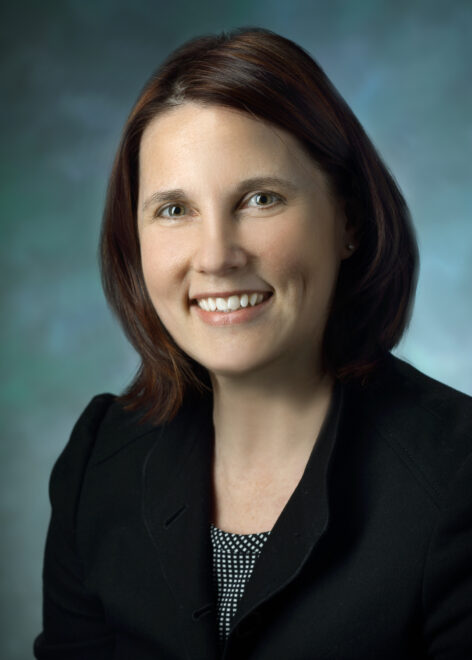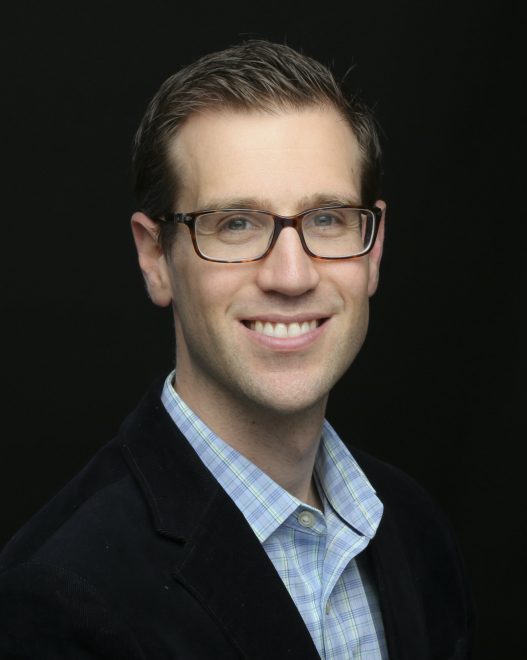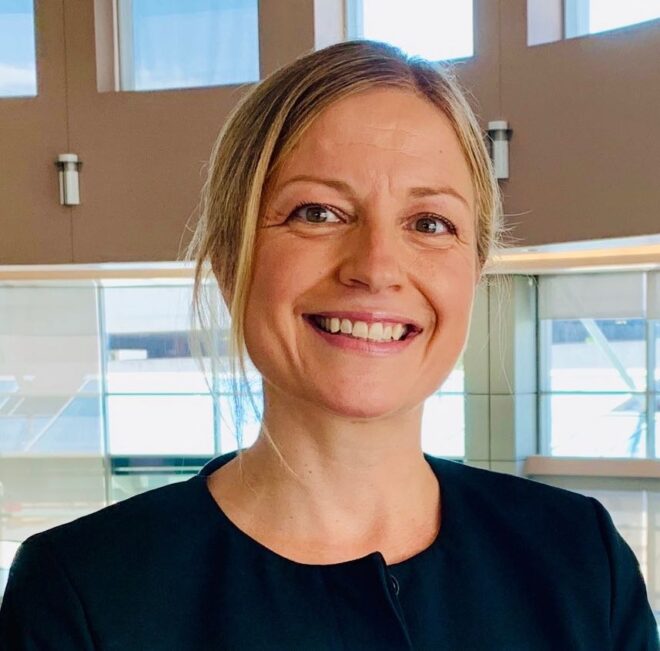About
Diagnostic errors are a global population health challenge, impacting one in every twenty patients annually and nearly ever person accessing the health system within their lifetime. The Patient-Partnered Diagnostic Center of Excellence is a four-year program of research funded by the U.S. Agency for Healthcare Research & Quality and is led by investigators from the University of Toronto, MedStar Health (Maryland & District of Columbia), Baylor College of Medicine (Texas), and the Mothers Against Medical Error. Dr. Kelly Smith leads the Toronto node of the Center.
The Center will develop expertise in two focus areas of diagnostic improvement:
- Safety I error detection and prevention to decrease error frequency and
- Safety II methods of resilience to improve safer care. The Center takes the novel approach of examining diagnostic safety using a Safety I and II lens from the patient’s experience of the diagnostic journey.
Our Center convenes around three aims, organized into four workstreams led by a co-PI/co-I with demonstrated expertise in that workstream.
Workstream 1 (PI: Smith, University of Toronto) will codesign Safety I methods to detect diagnostic safety risks and hazards from the patient’s perspective utilizing patient-reported data from diverse populations.
Workstream 2 (PI: Giardina, Baylor College of Medicine) will codesign Safety I strategies to detect and categorize diagnostic error experienced by marginalized patients.
Workstream 3 (PI: Miller, MedStar Health National Center for Human Factors in Healthcare) will develop Safety II solutions to optimize communication of diagnoses, personalized and tailored to individual patients from diverse backgrounds, at the point of care (Safety II).
Workstream 4 (Co-I: Haskell, Mothers Against Medical Error) will codesign guidelines to support patient equity and engagement in diagnostic safety efforts.
The Safety I and Safety II workstreams will reciprocally inform solution development, cocreating improvements in detection and driving diagnostic safety system resilience in partnership with patients. Leveraging a socio-technical systems approach, the results of our Center will test solutions for errors and improve diagnostic care.
Accepting Students
We are looking for students at every level of training to engage with our team on problem analysis activities including:
- Conducting scoping reviews and environmental scans.
- Conducting qualitative and quantitative analysis of research data.
Our team has paid summer experiences for students and paid part-time research experiences available.
The Center investigators are also available to support MSc and PhD students in the IHPME Health Services Research program interested in exploring strategies in partnership with patients to improve diagnosis.
Lead Faculty

Kelly Smith
Affiliated Faculty

Noah Michael Ivers

Katie N. Dainty

Patricia Trbovich
Michelle Greiver

Kerry Kuluski

